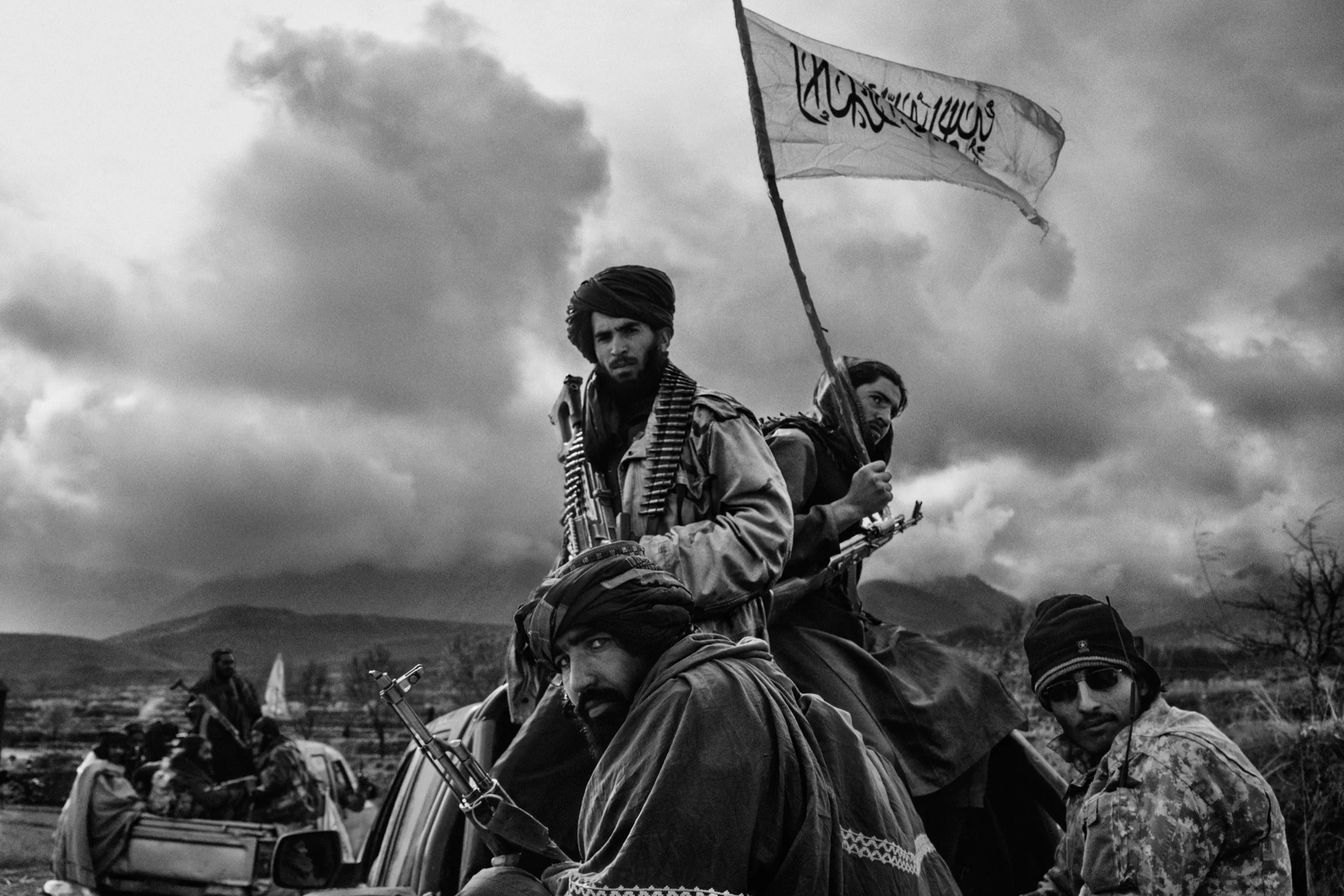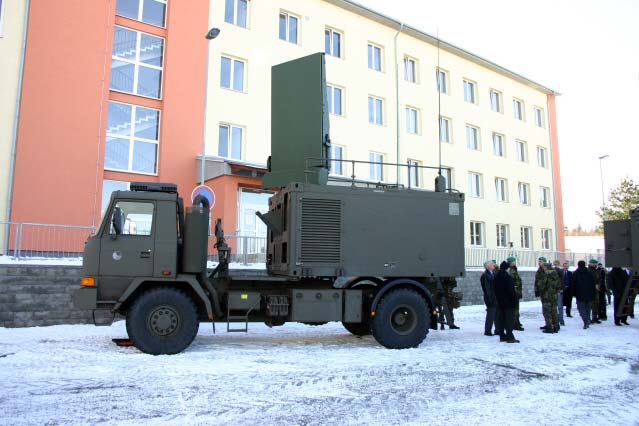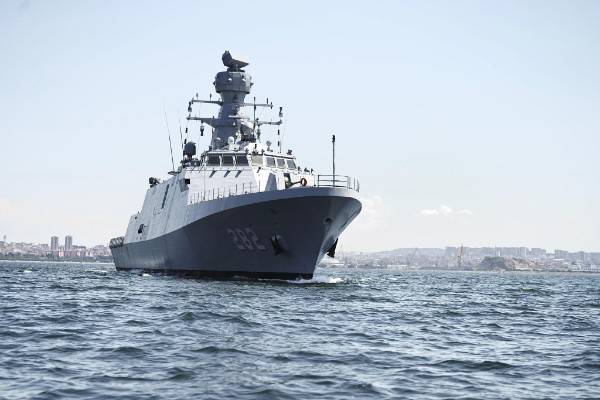The US invaded Afghanistan in 2001 because of the Al-Qaida attack directly within the territory of the United States. USA aimed to exhaust Afghanistan in a conventional battle by toppling the Taliban government which was harboring Al Qaida. It is thought that a bigger nation which is stronger in terms of military, economy as well as resources would achieve swift victory against a weaker nation.
The phenomenon of a stronger nation in terms of social stability, military power, and economic strength failing to achieve their political objectives or simply put, losing a war from a weaker nation in terms of resource power has been seen after WW2. Therefore, when events such as the US-Afghan war along with the US-Vietnam war occurred and the weaker nation was able to resist the stronger nation, researchers analyzed the cause and the nature of the bigger nation’s defeat.
Firstly, when the USA engaged with Afghanistan, it was through a limited war, instead of a total war. There is no comparison between the military capability of the two states, if the USA wished to annihilate Afghanistan, it could have done so through the usage of nuclear weapons. The USA was using limited resources as this was a war of choice for them rather than a war imposed on them. Therefore, to quickly achieve their political objective, the USA carried out operations so as not to prolong the war which would create unrest in the public and lead to social instability. Until 2008, US army forces faced the Taliban in military combat, but Afghanistan prolonged the war by not facing US forces directly but instead using guerilla tactics. This is the reason that this war was not a limited war for Afghanistan but a war of survival where they had to use all their resources, hence a total war was fought by the Afghan people. Now, the USA was fighting the war on two fronts, one was the political front and the other, ground war. If this war were directly endangering the survival of the people of the USA, no matter how prolonged the war is or what resources are used, war would be the priority of the state. Because this war does not endanger the survival of the people of the USA, the prolongation of war or indirect effects of the war on the bigger nation would create a psychological effect that would pressure the government to withdraw their armies instead of prolonging the war.
The case with Afghanistan was that because they were fighting a total war that threatened their survival therefore, to fight this war of survival, the Taliban along with other general people in Afghanistan were brought together against a common cause which could be regarded as the driving force between their alliance. In case of Afghan US war, religion was used as a driving force as to bring people as well as resources together to put up a front against the attacking adversary. This opinion or common cause also led to assistance from organizations within Pakistan and finally when the Pakistan government helped US against Afghanistan, TTP came into existence. There are two thoughts in this phenomenon as to how to deal with an adversary. One thought focuses on attacking and defeating the enemy in a conventional battle so that the adversary would lose the will to fight while the other thought talks about crushing the will of the enemy as to not engage in a military battle. Afghanistan was facing a total war with the USA. Now, as Afghanistan could not defeat US army in a military confrontation, therefore they used hybrid means of attacking and affecting USA. Therefore, as the US army was unaware of the terrain and environment of Afghanistan and operated based off old maps from the British era, this situation was used as an advantage by the Taliban to use maneuvering tactics along with hit and run tactics as they were mostly situated in a mountainous region. So, the Taliban prolonged the war by not allowing the US to achieve their objectives which created a debate back in US as to why is US fighting or simply put, prolonging a war of choice. This opinion in the US was created after the decision to further increase the troops in Afghanistan by the Obama administration and some psychological aspects such as the body back syndrome.
To assess the defeat of a stronger nation against an inferior nation, perspective of analyzing the conflict must be changed or broadened in the sense, that what are dimensions and factors that come into play when fighting a war. Is it only confined to military strength or rather, the decision making in a modern strategic environment is affected by factors other than conventional power. May it be the case of US Afghan war, the US Vietnam war, or the quite recent Israel Palestine conflict where a nuclear-powered state with the most technologically advanced state with support from the one of the strongest great powers in the world cannot wipe out the factors that are causing insecurity to the national sovereignty of the state along with the people’s lives in the state. So, by developing the correct research question in such an asymmetrical conflict as to why the big nations could not achieve their political objectives and how their retreat from the smaller nation’s territory marked the defeat of the bigger nation.
Table of Contents
ToggleHuzaifa Younas
Huzaifa Younas is student of Strategic and Security Studies currently studying at National Defence University, Islamabad.














